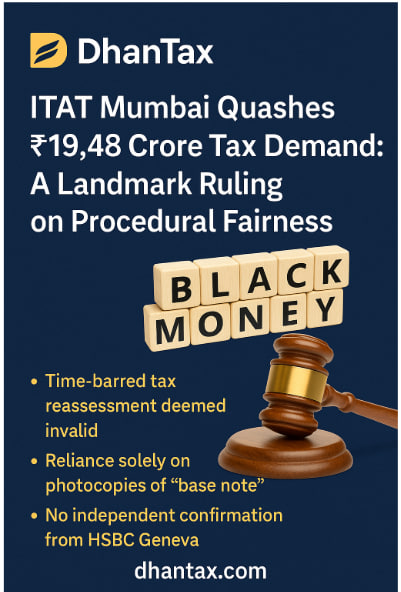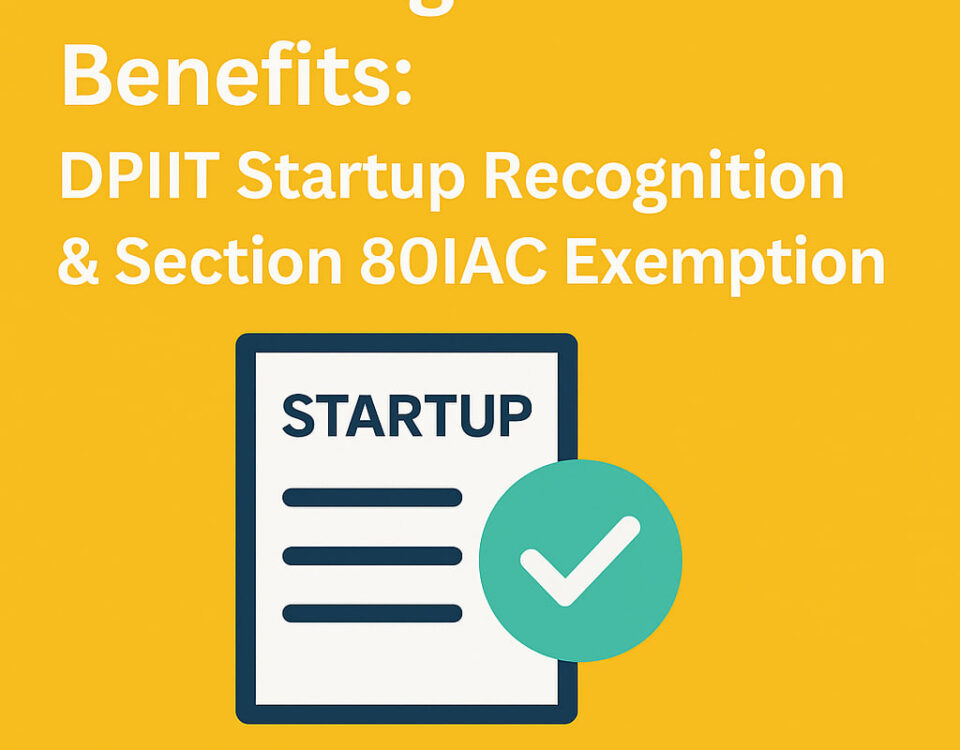Legal Heir Not Liable for GST Dues Without Proof of Business Continuity: Jharkhand High Court

55th GST Council Meeting: Key Highlights and Implications
April 23, 2025
Metafin Secures $10 Million to Accelerate Solar Financing in India
April 28, 2025In a landmark ruling, the Jharkhand High Court has set a significant precedent concerning the liability of legal heirs for Goods and Services Tax (GST) dues under the Central Goods and Services Tax (CGST) Act, 2017. The Court ruled that a legal heir cannot be held liable for GST dues in the absence of proof that they continued the business of the deceased proprietor.
This judgment arose from a petition filed by Rishi Shangari, challenging an order issued by the Assistant Commissioner, CGST, Jamshedpur. The tax officer had attempted to impose GST dues on the petitioner for the period after his father’s death, despite the petitioner having obtained a new GST registration in his own name in 2018.
The Case Background
The petitioner’s father had been registered under the GST Act. After his demise, Rishi Shangari applied for a fresh GST registration in his name for the same business. However, despite the clear evidence of a new registration, the Assistant Commissioner passed orders under GST DRC-07 for the tax periods of 2018-19 and 2019-20, continuing the tax liability against the deceased.
The petitioner contested these actions, arguing that no GST dues could be imposed on him as he had not continued his father’s business. The Jharkhand High Court agreed, emphasizing the lack of evidence to substantiate the claim that the petitioner continued the business in his father’s name after obtaining his separate registration.
Court’s Observation
The Court stated, “In the absence of any material referred to… it is evident that the impugned order is based on no evidence and cannot be sustained.” The ruling emphasizes the importance of concrete evidence when claiming the continuation of a business post-death of the original proprietor. The Court also observed that no proceedings could be initiated against a deceased person, thus rendering the orders against the petitioner invalid.
Implications for Legal Heirs
This ruling has profound implications for the legal heirs of businesses. It clarifies that legal heirs are not automatically liable for GST dues of the deceased unless there is proof of business continuity. If the legal heir has acquired a new registration or is operating a distinct business, they are not bound by the liabilities incurred by the predecessor.
This ruling sets an important precedent for other cases involving GST liabilities of deceased individuals and underscores the need for clear documentation and evidence to substantiate business continuity claims.








